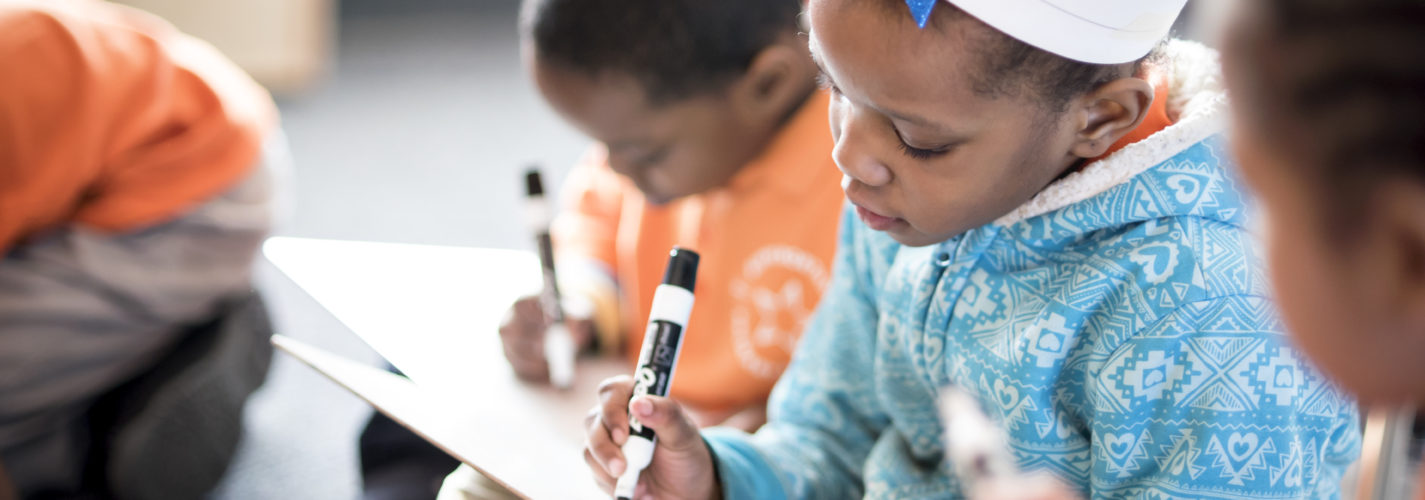School Discipline
Improving student behavior and learning long-term
Families and teachers alike want safe, engaging classrooms where kids can learn. To achieve this, educators need training and tools to manage their classrooms effectively, maximizing student learning and minimizing disruptions. Minnesota schools and policymakers should advance discipline approaches that keep kids in school, where they need to be in order to learn, and where they can be held responsible for their actions in a meaningful way.
Extreme discipline measures like suspensions and expulsions—quick fixes that do not improve behavior or classroom dynamics long-term—should be a last resort, and should never be used with our very youngest learners. Suspending and expelling kindergarteners, for example, removes them from exactly where they need to be to build the key social and emotional skills that will help them interact appropriately with their educators and peers in the future. We should focus instead on helping students learn from and correct their behavior. At the same time, families deserve clear information on how schools are approaching discipline and assurance that teachers are well-supported to keep children in school and improve classroom environments long-term. Finally, schools should notify families right away if their children are removed from class, and invite families to be partners in finding strategies to keep their children better engaged in school moving forward.

